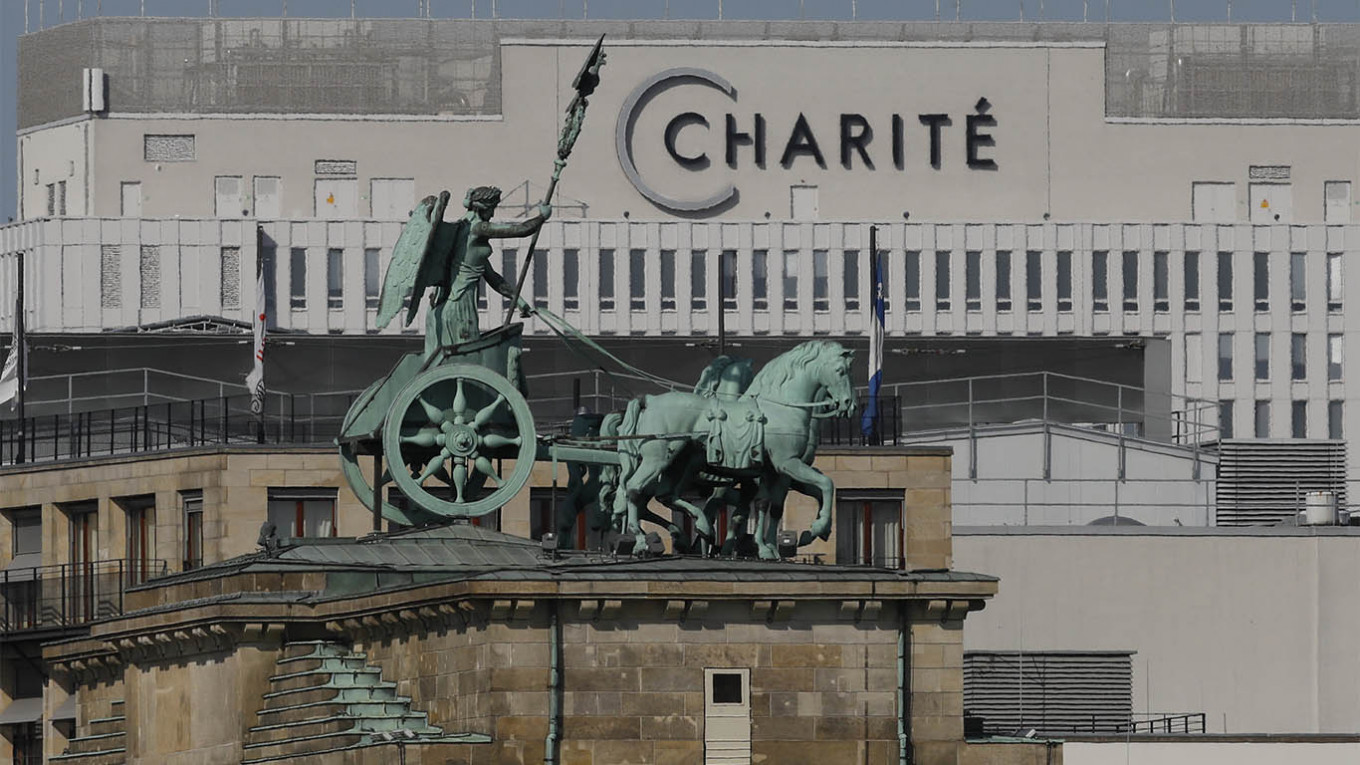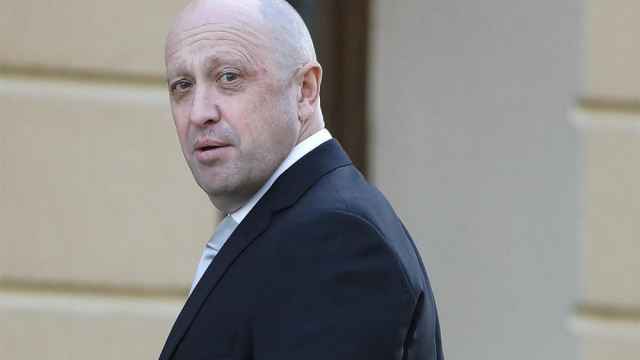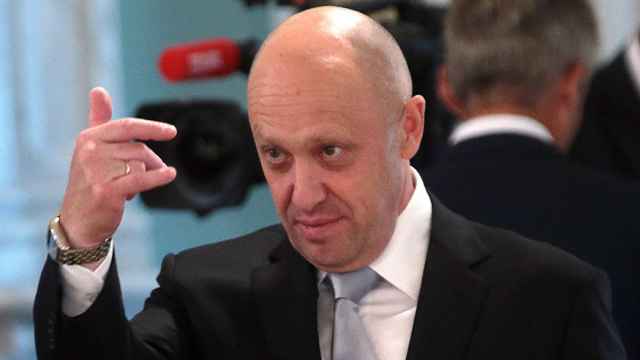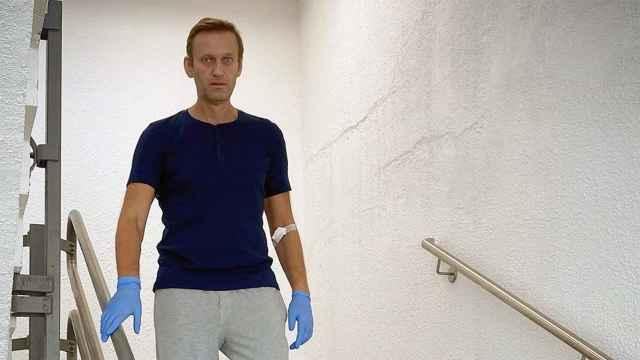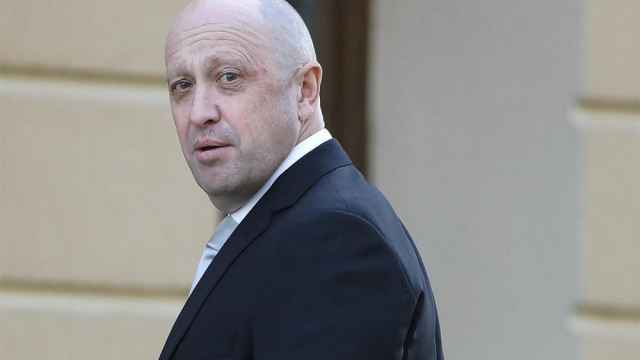Berlin’s Charité hospital has returned a 1 million ruble ($13,300) donation for the treatment of Russian opposition leader Alexei Navalny to Kremlin-linked catering magnate Yevgeny Prigozhin, his Concord company said in a statement Wednesday.
Navalny was flown to Germany two days after falling ill on a flight in Siberia due to what the German government says was a poisoning with the Novichok nerve agent. The Kremlin critic and his associates owe Prigozhin 88 million rubles ($1.2 million) after the businessman acquired a court-assigned debt share in the Moskovsky Shkolnik school caterer that sued Navalny’s team for deformation in 2019.
Prigozhin is the only known person to have sent money toward the opposition leader’s treatment, Concord said in its statement on social media, attaching copies of transfer receipts dated Sept. 7.
This was Prigozhin’s second payment to Charité following an earlier transfer of 107,000 rubles ($1,400) in compensation for a debt payment collected from Navalny’s account, which the clinic kept.
Concord said that Charité is likely reluctant to accept the money due to Western sanctions against Prigozhin or because German medics are unwilling to disclose details of Navalny’s treatment to him.
Days after Navalny fell ill, Prigozhin vowed to "strip [Navalny and his associates] of their clothes and shoes" with the court-ordered penalty. He added that "if comrade Navalny kicks the bucket, I personally don't intend to persecute him in this world."
Prigozhin is commonly nicknamed "Putin's chef" because Concord has done catering for the Kremlin. An investigation by Navalny’s Anti-Corruption Foundation has linked Prigozhin to Moskovsky Shkolnik, links that Prigozhin denies.
Prigozhin is also associated with the Internet Research Agency, which was accused of interfering in the 2016 U.S. election, as well as with private military contractor Wagner, whose mercenaries have reportedly been deployed to conflicts in Syria, Libya and Mozambique, among others.
A Message from The Moscow Times:
Dear readers,
We are facing unprecedented challenges. Russia's Prosecutor General's Office has designated The Moscow Times as an "undesirable" organization, criminalizing our work and putting our staff at risk of prosecution. This follows our earlier unjust labeling as a "foreign agent."
These actions are direct attempts to silence independent journalism in Russia. The authorities claim our work "discredits the decisions of the Russian leadership." We see things differently: we strive to provide accurate, unbiased reporting on Russia.
We, the journalists of The Moscow Times, refuse to be silenced. But to continue our work, we need your help.
Your support, no matter how small, makes a world of difference. If you can, please support us monthly starting from just $2. It's quick to set up, and every contribution makes a significant impact.
By supporting The Moscow Times, you're defending open, independent journalism in the face of repression. Thank you for standing with us.
Remind me later.


